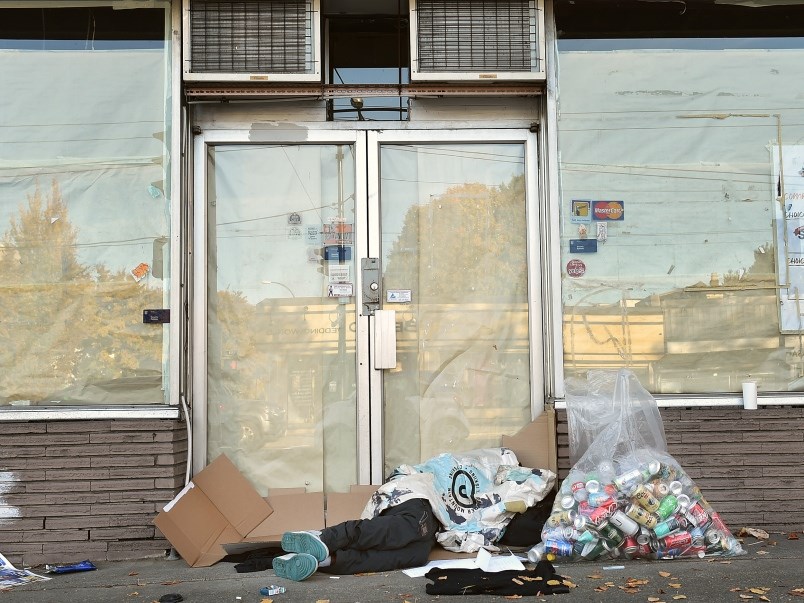Editor:
I live in an older rental building in New Westminster – older, but I think well built.
However, mentioning the obvious, regardless of the age of a building things break down and become obsolete - that is what happened to our boiler.
This meant no heat.
Let me be clear, the new boiler is now in and functioning well. During the time of no heat, I had hot water, hot meals, strong social support, socks and lots of blankets, quilts and many other accoutrements to keep me warm. In spite of all this, I was still cold because the air, the environment, was cold.
So, as I jumped into bed at night and dove under the covers trying to get warm, my heart sank. What about the unhoused who have no such luxuries, whose pillow is a concrete slab, whose warmth is a heating grate beside a building and who knows if there would be a warm meal in the morning. The plight of the homeless became even more clear as I temporarily lived without heat.
Finding affordable housing is part of everyone’s conversation at all levels of government and all social services and yet we seem unable to solve this very complex problem. This is not a problem that encourages blame on any one level of government and definitely not the homeless person because from my brief experience no one would deliberately make the choice to sleep on a concrete “bed.”
The road to homelessness is very long, winding and very cold, with no detour in the middle and no fork in the road. It is clear our region is out of land and what there is of it is very expensive, hence they say is one of the reasons the high cost of rent.
So, what is the answer? Do you have a solution? Is deinstitutionalization in which people who are diagnosed with a mental illness are left to their own devices to take their medication part of part of the problem? Is it lack of treatment centres for those who allegedly misuse drugs to get treatment if they want it? Is there an answer to this very human problem?
During COVID, we adopted a slogan “we are in this together” - I think this is very fitting when looking at the homeless problem because it affects all of us.
When I was a teenager, I spent a short time in New York and when I saw the homeless on the streets I smugly said, “Thank heavens we don’t have that in Canada.” Who would have thought that years later I would become very familiar with a place called the Downtown Eastside which is described by many as the worst postal code in Canada and, closer to home, Clarkson Street in New Westminster. What is the answer? Is there one answer or is it that we need everyone to work on this human problem?
We are in this together.
Angela Sealy, New Westminster

